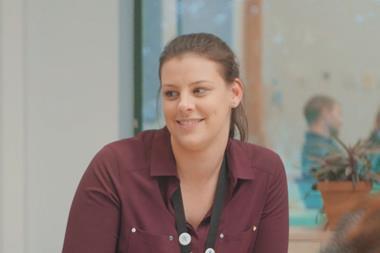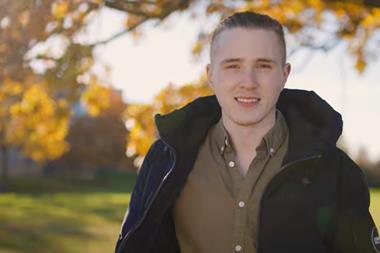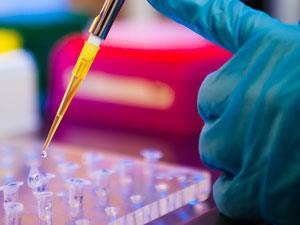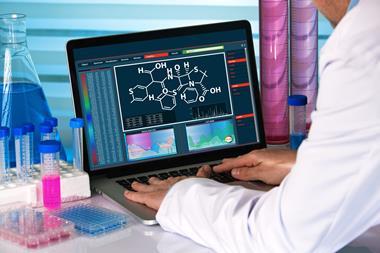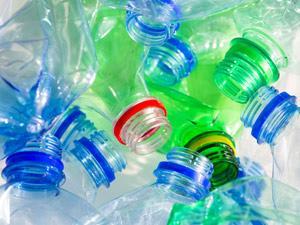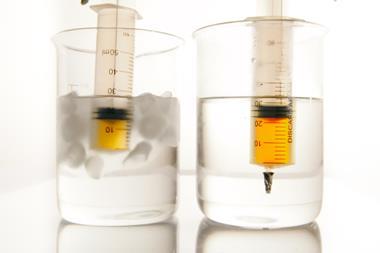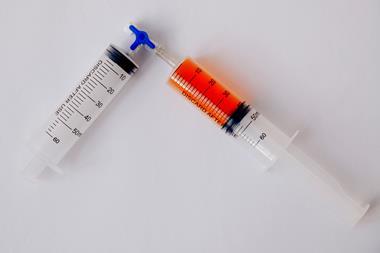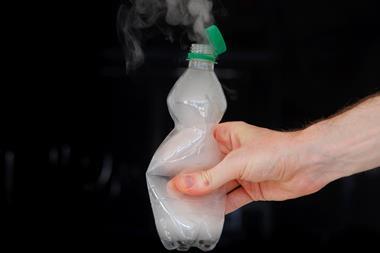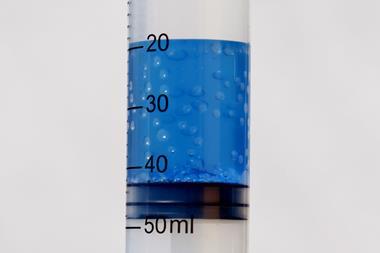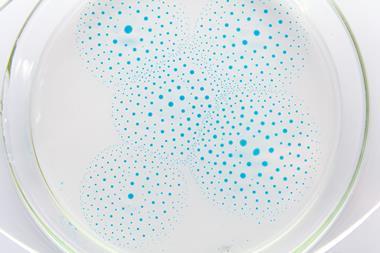-
- Salary range: £25–40k
- Minimum qualifications: BSc in chemical science
Undergraduate degree studied at: University of Leicester - Skills required: Communication, problem solving, teamwork
- Training required: No specific additional training required
- Work–life balance: Flexible
- Career progression: Professional registration available, as well as opportunities to apply for more senior positions/responsibility
- Locations: Find related work experience positions using our map of employers. Browse RSSL’s website
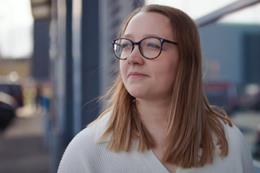
More jobs like Taryn's
What does a scientist at RSSL do?
I work as a scientist in the metals lab at Reading Scientific Services Ltd (RSSL) – a food and pharmaceutical research company. I perform tests on foods, raw materials and pharmaceuticals for up to 72 elements on the periodic table. To do this, I use highly sensitive instruments that detect the presence and quantity of impurities in a sample.
How did you find your job? How did your qualification help you to get there?
I studied at the University of Leicester, where I achieved a first class honours in MChem pharmaceutical chemistry with a year in industry. I applied for the graduate role at RSSL and was a senior technician in the pharmaceutical wet chemistry department for just under a year. I am now a scientist in the metals lab at RSSL.
My qualification provided me with the necessary knowledge for my current role. During my qualification, I was able to develop my practical chemistry skills. Doing the year in industry was really useful – I was able to improve how I was approaching interviews and refine my CV.
What do you like most about your job?
My role as a scientist in the metals lab has been an amazing development opportunity for me as a chemist. This role has enabled me to develop my technical capabilities. It has given me practical experience on atomic absorption spectroscopy (AAS) and inductively coupled plasma mass spectrometry (ICP-MS). I am always learning something new every day regarding this instrumentation.
While we do have routine samples, I love getting new samples as I must adapt my approach to sample preparation and how to analyse the sample. At RSSL, I also have the option to explore other development opportunities not related to my main role. For example, I’m also a part of our spectrum group, which celebrates diversity – which I love as I meet new people within the business and get to organise fun events.
What is your typical day like?
A typical day for me primarily involves working in the lab. I test a range of items for impurities. This can be anything from fizzy drinks, water and coffee to rice and seaweed.
I will usually prepare the samples and then run them on the instrument. Once completed, I analyse the data for it to be checked and sent to the client. My chemistry knowledge means I can use and interpret the results that these machines reveal about all the elements within a sample.
What advice would you give to someone considering a career in your field?
Networking is so important for any career so I would strongly encourage going to events/conferences to meet new people but also to see what companies have to offer. Question companies/employers about their values and what they’re doing to support inclusion, diversity and equality, sustainability and what the work culture is like.
Try to do a placement/internship if you can. I did a year in industry and an RSC analytical studentship. It’s great experience, looks good on a CV but also gives an invaluable insight into what roles/different industries are like before you commit to a full-time role.
Apply for as many roles as possible because, even if it’s not successful, it’s still great interview practise.
What barriers did you encounter on your journey into your job?
As a chemist from a non-white ethnic minority, I face systematic barriers within the industry. Not having a role model from my own ethnic background was something I was very aware of and that did sometimes make me question whether I would be able to be successful as a black chemist.
How does your work affect the world around us?
The work that I do ensures that safety standards for foods and pharmaceuticals are met. The service RSSL provides is an integral part of the food and pharmaceutical industry as the testing I perform is vital for various regulatory requirements but also important for investigative purposes. My work helps keep us safe from consuming things that could harm us.
What inspired you to work in chemical science?
During my A-levels, I realised I was really interested in chemistry. I found a lot of concepts fascinating and wanted to explore them more at a higher level. I wanted to do a degree that applied pure chemistry concepts to biological applications. So, after many open days and reading information on different courses, I found that pharmaceutical/medicinal chemistry was my calling.
My passion for chemistry is what keeps me motivated. I am also passionate about staying within the industry as I would like to be a role model for those from non-white ethnic minorities to show them there is space for everyone within industry.
Taryn Reid, Scientist at RSSL.
Published October 2023








